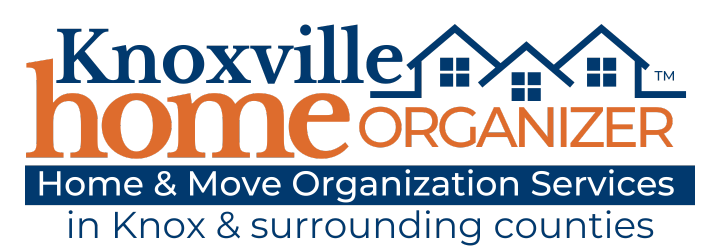The boxes are in, the furniture is placed, and you’ve officially moved—but does your new space feel like home yet? The transition doesn’t end when the movers leave. The post-move phase is just as important as the planning and moving stages. Let’s consider together what it will take to settle in comfortably, efficiently, and with as little stress as possible.
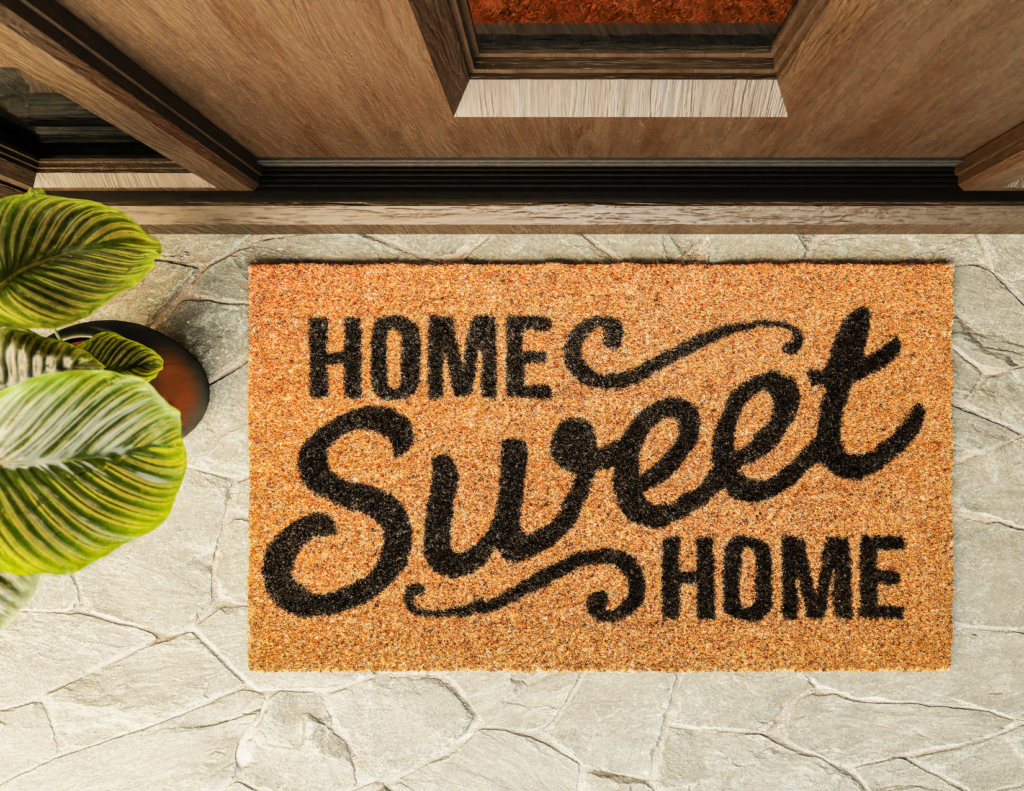
Immediate Priorities
After a long and often exhausting move day, consider what you need in place to function in your new home right away. Ask yourself questions like:
- Are your essentials within reach? Do you have easy access to medications, toiletries, a change of clothes, and important documents…the coffee maker?
- Is your bedroom ready for rest? Have you set up your bed with fresh linens so you can get a good night’s sleep in your new space?
- Can you safely navigate your new home? Have you considered lighting, pathways, and furniture placement to avoid potential hazards? Have you tested light switches at night to ensure adequate visibility?
- Is your kitchen functional? Do you have what you need to prepare meals, or do you need assistance unpacking and organizing? Do you know where your essential cookware and dishes are so you can prepare a simple meal?
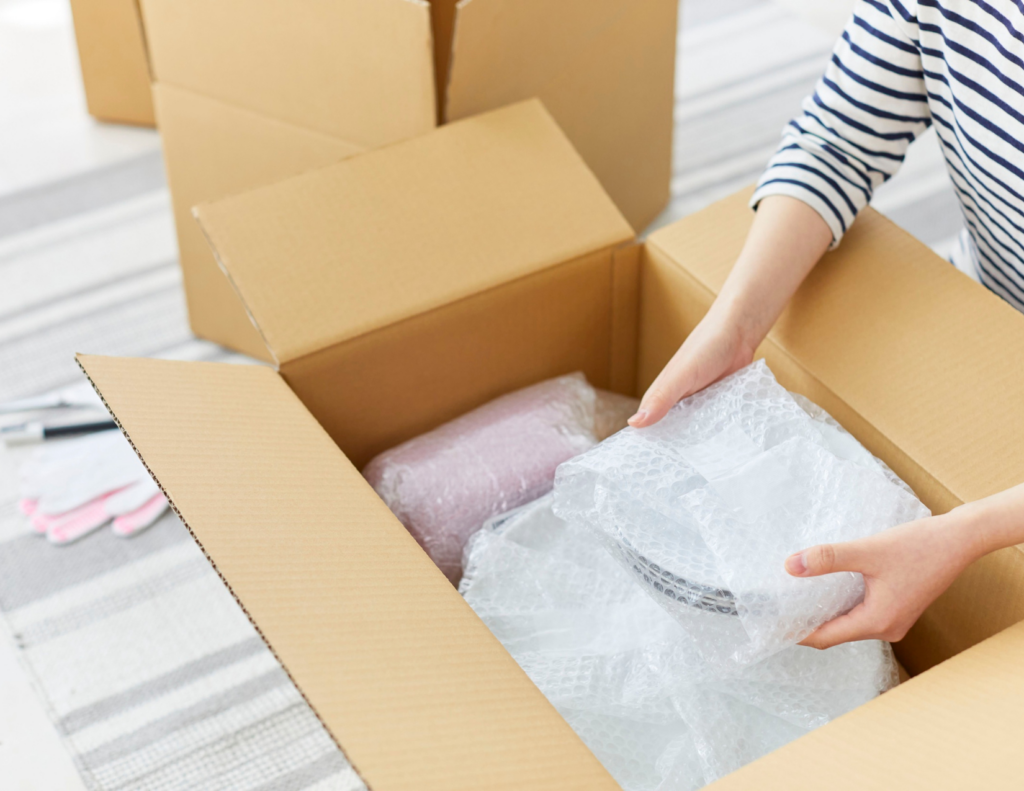
Plan for Unpacking
Unpacking can feel just as overwhelming as packing. Think about how you will approach this process to make it manageable. Remember: unpacking and getting organized are two different steps. Consider the following:
- Will you unpack on your own or need assistance? Do you have the energy and ability to unpack systematically, or would support be helpful?
- What areas should be unpacked first? Do you have a plan for prioritizing spaces like the bathroom, bedroom, and kitchen?
- How will you organize your belongings? Are you prepared to take this opportunity to set up your home in a way that maximizes function and ease? Would implementing new organization systems now help prevent clutter from accumulating?
- Do you need help disposing of packing materials? Have you arranged for box removal or recycling so clutter doesn’t pile up? Who will handle the breakdown and removal of empty boxes and packing paper?
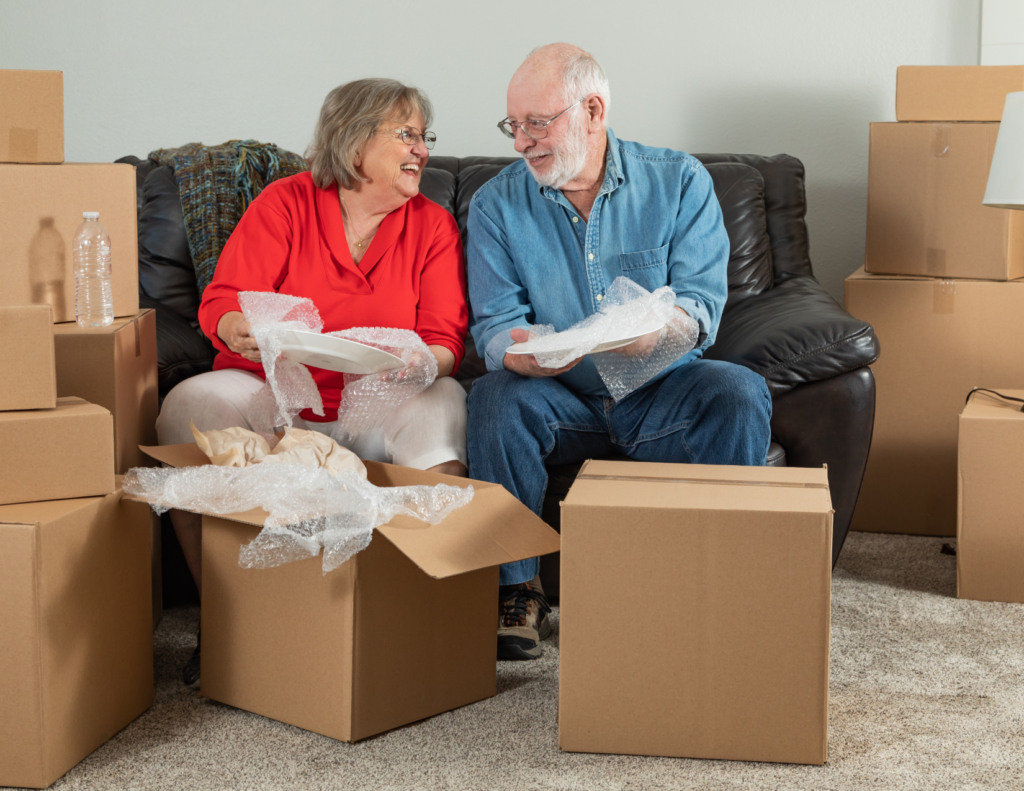
Home Set Up for Function and Flow
A well-organized home should support your daily routines and maximize your independence. Take time to consider how your new space supports or challenges your mobility.
- Are frequently used items stored within easy reach? Or are you at risk of straining, bending, or using a step stool to get to daily necessities?
- Is your kitchen laid out efficiently? Can you easily access dishes, cookware, and pantry items without excessive reaching or bending?
- Does your furniture arrangement promote ease of movement? Are pathways clear, or are there tripping hazards that could be adjusted?
- Is your bathroom set up for safety and convenience? Do you need additional grab bars, a shower chair, or a raised toilet seat?
- If someone had to step in and help you, would they know where to find what they need? If a loved one or a financial or healthcare POA had to manage your affairs or provide care, would they be able to easily locate important documents, medical supplies, or household essentials?
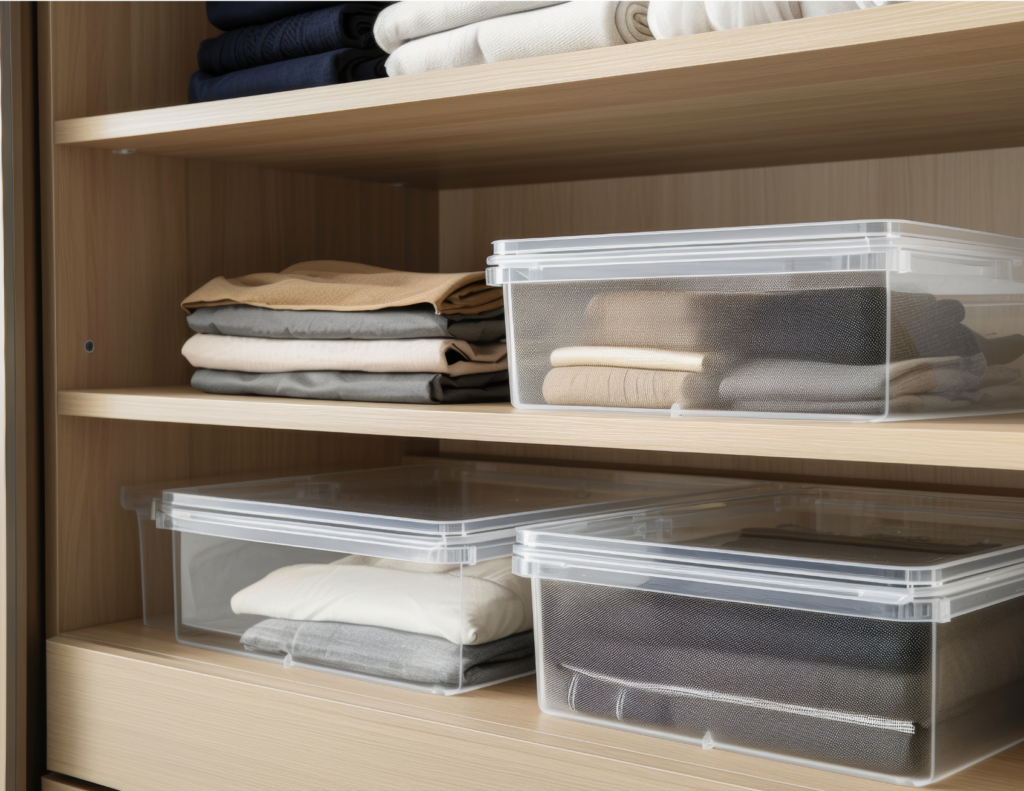
Home Modifications
If you feel your new home might need modifications to ensure safety and independence, consider reaching out to Martha Freels, OTR at Adapt & Stay—a trusted Knoxville resource specializing in home assessments and adaptations. Run by an experienced occupational therapist with over 30 years in the field, Adapt & Stay offers personalized consulting services that take both physical and cognitive needs into account. With her compassionate, functional approach and deep expertise, she can help you create a living environment that supports your routines and empowers you to live confidently at home.
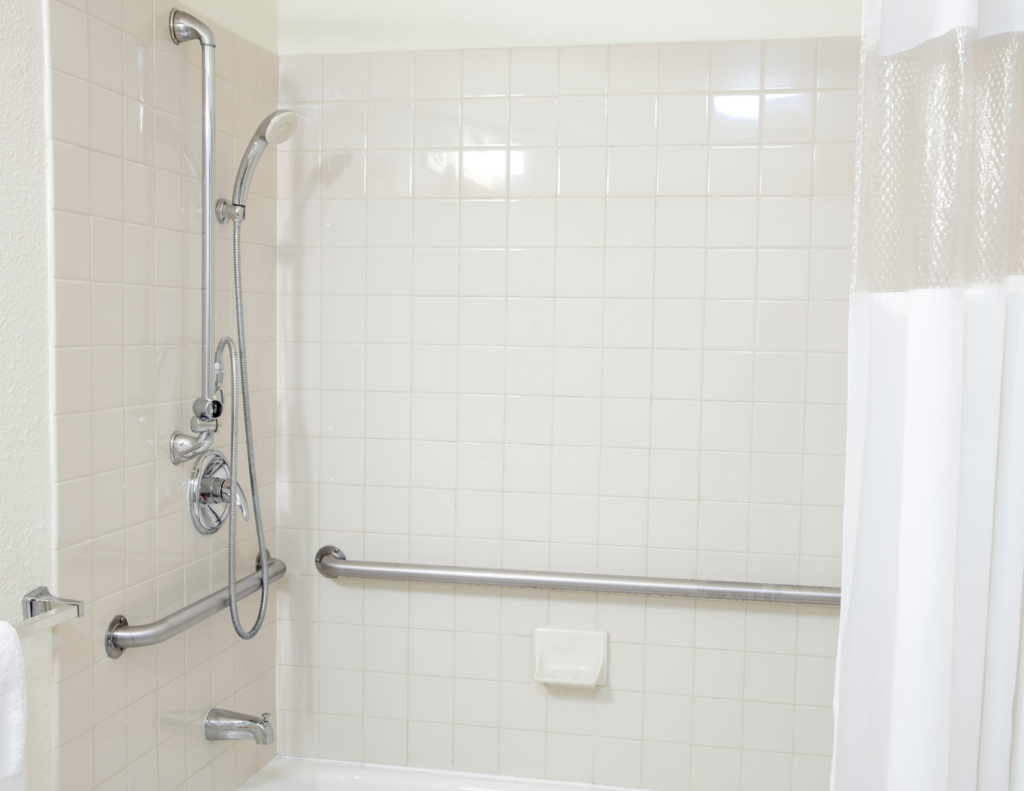
Getting Comfortable in Your New Environment
Adjusting to a new home is more than just unpacking. There are also many emotional and practical aspects of settling in.
- Do you feel at home yet? What will make this space feel familiar and comfortable to you? Would rearranging furniture or adding personal touches help ease the transition?
- Have you identified any gaps in what you need? Are there missing household items or safety modifications required? Have you tested accessibility in key areas like the bathroom and entryways?
- Do you have a support system in place? Who will you reach out to if you need assistance getting settled? If something feels off, do you have someone who can help assess and adjust your setup?
- Have you introduced yourself to neighbors? Feeling connected in your new community can make a big difference in how quickly you adjust. Have you located local amenities such as grocery stores, pharmacies, and healthcare providers?
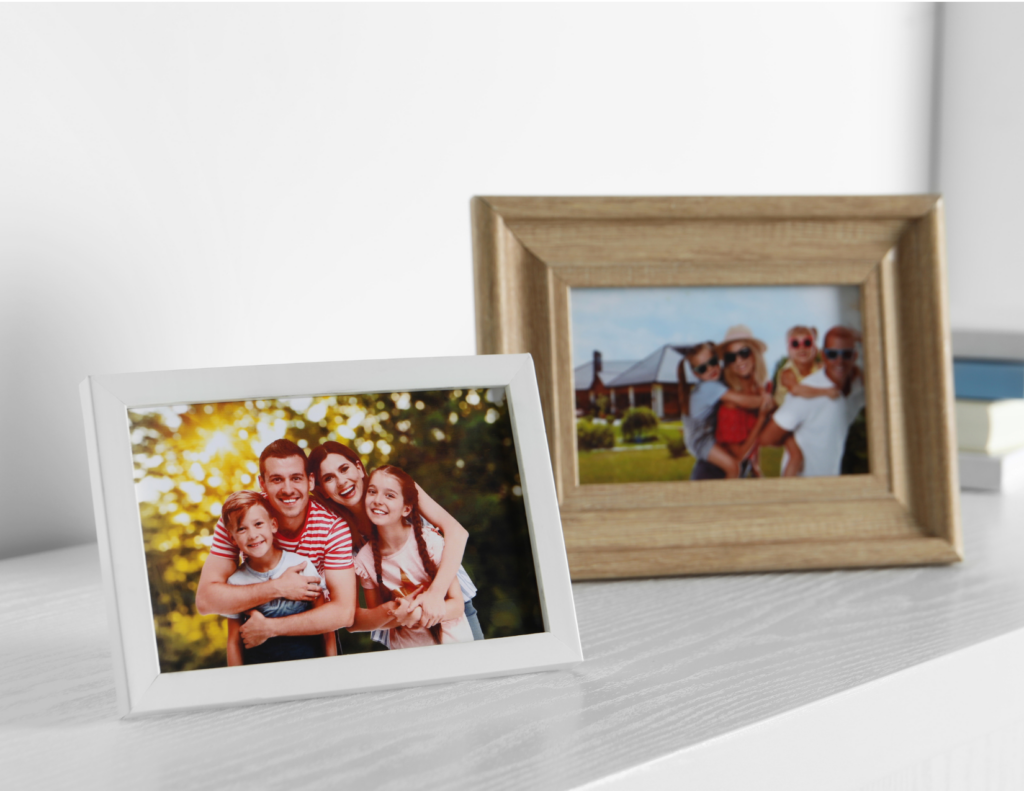
The Benefits of Move-In Support
Settling in is about more than just finding a place for everything—it’s about creating a home that feels safe, functional, and comfortable. Well in advance of moving day, decide whether you have the time, energy, and resources to handle this transition on your own. Would having family, friends, or a senior move manager assist in making the process smoother?
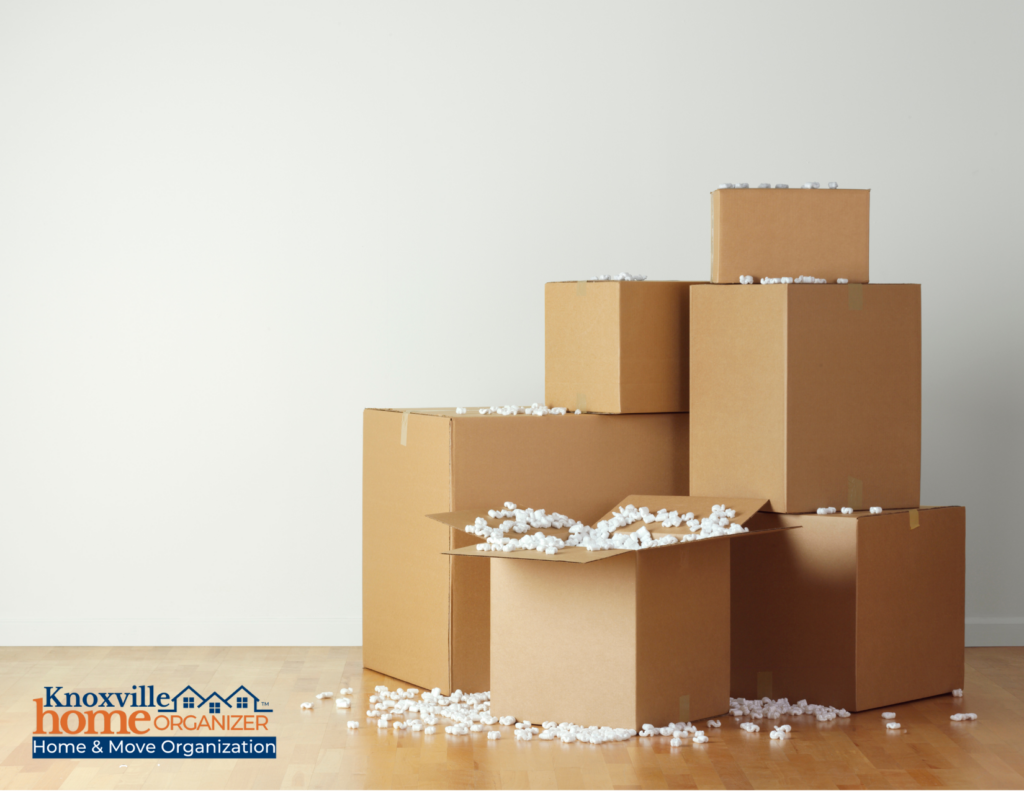
As you unpack and adjust, take a moment to reflect. Are you feeling overwhelmed by the lingering tasks, or is everything falling into place as expected? Are you worn out from the earlier stages of your move and dread getting settled in? Have you given yourself permission to take breaks and ease into the transition? Have you set up your home in a way that truly supports your lifestyle and needs?
Recognizing what you need in this phase can help ensure that your new home truly feels like home.
In your corner,

Allison and the KHO Team
Additional Resources on This Topic
If this post content has been helpful to you and you know someone else who would benefit from this content, would you please share it using the options below? Sharing is such a simple way to spread a little encouragement!
